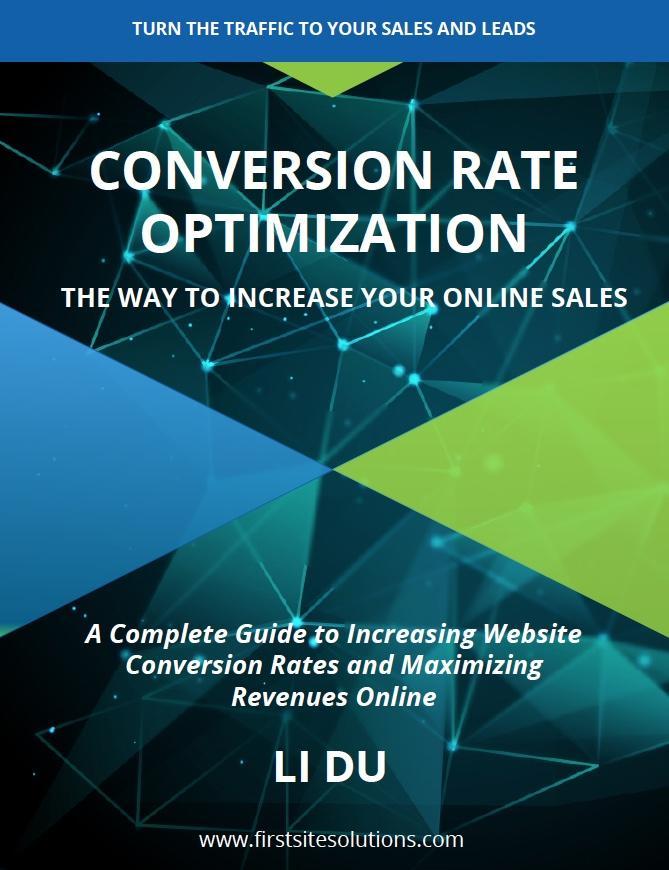
Search Engine Optimization (or SEO for short) is a powerful web marketing technique, a technique help get your website to the top of the search engines and make your website stand out from the crowd.
For years-and even today-the standard way for people to determine value of a website is by looking at its ranking on search engines like Google, Bing, Yahoo and Baidu. Most people believe that the higher the ranking on search engines, the better the quality of a website visitors expect from their search results. For an online business, the nearer to the top position on search engines, the greater the opportunities for that business to truly convert its visitors to sales.
As SEO has become so important that even Webmasters should plan and apply SEO strategies before the launch of their website on web hosting.
What is SEO, seriously?
SEO is an art of ensuring a website can be found in search engines based on words and phrases related to what the site is presenting.
How search engines work?
Search engines collect information from each page on the web, so they can deliver users most relevant results in the least amount of time.
As a result, each engine has developed a relevant, fast, and fresh search experiences to help users find what they are looking for.
To develop such search experiences, each search engine has created secret rules, called Algorithm. Algorithm is a system that sorts through all the information on the web and turns good ones into useful search results.
What search engines like?
Now if you are on the website, search results are very important. When your page has higher rankings, more people can find you. The key for the higher rankings is to make sure that you do the right things that search engines like:
Dynamic content
Think of your website like a local grocery store. And your website content is like foods sold in the store. If foods are not fresh and foods varieties are limited, consumers won’t be satisfied and they will simply switch to your competitors to meet their needs. Finally, the store will soon be out of business.
Similarly, to best meet user’s needs, search engines like to deliver websites that contain the latest, most up-to-date information.
For this reason, you need to update your site regularly. In this way, your website will attract more returned visitors who come back to look for quality and fresh contents.
Keywords
Keywords or keyphrases are the words that are typed into search engines. Search engines take into account every word on the web.
For example, if someone types word-“book” into Google, Google will narrow down all the results and only present pages that contain the word “book”.
Domain name
Before you launch your website on the sever, you need a domain name for your website. Domain name is the same thing as Uniform Resource Locator (URL), a web address.
Search engines like keywords. Applying a good strategy for keyword use in domain names or URL’s is a smart choice. All you do is think about the words that people like to type into search engines to make your website pop up.
In my article “Mistakes to avoid when choosing domain names”, I list several mistakes you might want to know when choosing your domain names.
Meta page title
Each website page has official page title called Meta page title, which is a short description of what your site is about. Visitors cannot see it because it is put in the codes by programmer who program the website.
Search engines pay a lot of attentions on Meta page title because it summarizes the page, like a headline of newspaper.
Inbound links
Search engines like links between websites. Such links are called Inbound links, which are links from other websites that point to your website.
When one web page links to another, it is typically a reference or a credit. It tells search engines that the linked web page has good information. It looks good for search engines when a website has a lot of inbound links coming in.
In these days, search engines put a high price tag on these inbound links when deciding web pages rankings.
What search engines DO NOT like?
Think of search engines algorithm like rules of a game and you are one of the players in the game. If you play by rules, you have a chance to win. But if you are trying to deceive them, you will lose the game in long term.
Search engines hate tricks, because these tricks deceive search engines by showing visitors different things from what is shown to the search engines. This practice is called “black hat SEO”, which is in direct violation of the search engines’ rules. And this would ruin the reputation and trust they have established over many years for business.
What search engines do not like are:
Stealing other’s content
Many crazy people out there are not familiar with search engines algorithm. They simply copy other’s contents and paste on their websites.
The good thing is that search engines like Google have released Algorithm update to punish copyright violators. This means that Google will punish any copyright infringement by removing their pages from search results.
Buying links
Some people try to fool the search engines by buying links that point to their own website.
However, Search engines can detect those unusual links when a site has a lot of them. These links do nothing good for a website’s rankings.
Overuse of keywords
Some people try to use repeated keyword to fool search engines to get better ranking. This practice is call keyword stuffing.
Search engines will detect this trick very easily and punish the overuse of keywords in a web page by bringing down tit’s ranking from search results.
Summary
This is certain that if you know and care about the basics of SEO, you have chances to make your website pop up on the top of search results. This is especially important for small online businesses that cannot afford expensive investment for the marketing as large companies do.
However, knowing what is SEO is fairly different form knowing how to apply this art on your own website. In my article “SEO tips and techniques “, you can get more detailed information about how to implement SEO techniques when optimizing your website.



